NEW YORK, December 13, 2023 – IIE is pleased to introduce the 2023-2024 IIE Centennial Fellows who are beginning their one-year projects which actively address climate change at a local, regional, or global level. Climate change is an urgent and pressing challenge facing the world today, with a range of impacts already being felt across communities worldwide (United Nations; World Health Organization; U.S. Department of State). Immediate and innovative action is essential to support an equitable response to the challenge and ensure a safe, resilient future for all. Each Fellow’s project centers on providing resources, education, and support to communities that are immediately impacted by climate change.
This year also marks the fifth anniversary of the IIE Centennial Fellowship, created in 2019 to honor IIE’s Centennial and association with the Fulbright Program. IIE Centennial Fellows benefit from an endowment that serves as an enduring legacy and is privately funded by philanthropy. IIE’s Centennial Fellowship endowment supports four fellowships annually and has since inception supported 20 Centennial Fellows whose work exemplifies the underlying Fulbright values of mutual understanding, leadership, global problem solving, and global impact. The Rodman C. Rockefeller endowment—named in memory of the late IIE trustee and international education advocate—is awarded through two fellowships each year.
Fellows hail from 15 places of origin—including Burkina Faso, Pakistan, the United States, and the West Bank—and have conducted their projects in 20 places ranging from Indonesia to Haiti and Ukraine. The newest cohort will focus their work in Cambodia, India, Jamaica, Pakistan, and Panama. In addition to the four IIE Centennial Fellows, this year one Fulbright alumni was selected to receive the IIE New Leader Award, which recognizes alumni who have completed their Fulbright program in the past five years.
The fellowship seeks to enhance the Fulbright Program as a life-long experience and recognize Fulbright alumni whose work embodies the values of mutual understanding, leadership, global problem-solving, and global impact. Since the program’s inception, twenty-five Fellows have developed innovative solutions to critical global issues such as justice and equity for BIPOC and marginalized communities, COVID-19, and access to higher education for refugees and displaced peoples.
Throughout the year, the Fellows will share their stories and updates on their work through the IIE Centennial Fellowship blog and our social channels.
2023-2024 IIE Centennial Fellows
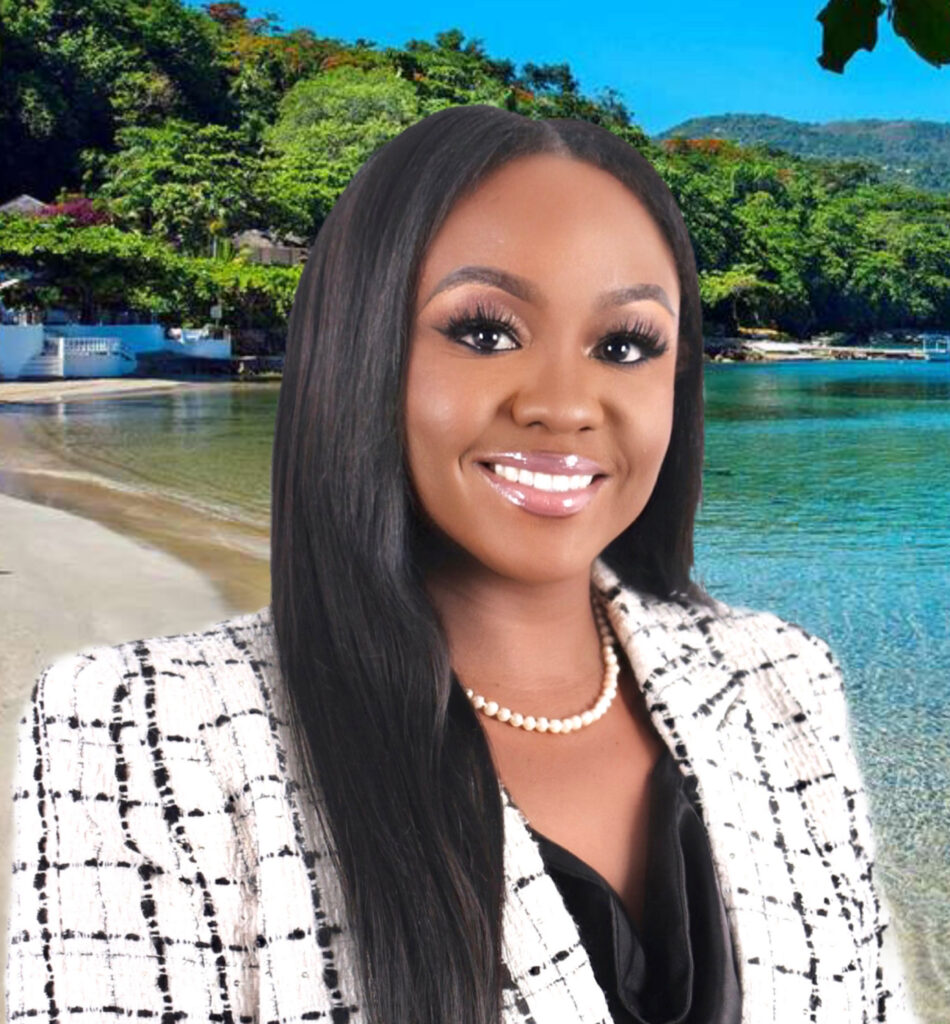
Dr. Ren-Neasha Blake Gilmore’s IIE Centennial Fellowship project, Cultivating an ICT-Driven Coastal Resilience and Adaptation Framework in Jamaican Communities: Action, Collaboration, Solutions, builds upon the data collected during her Fulbright experience in both coastal Virginia and Jamaica to bolster the resilience of coastal communities. Through the fellowship, Dr. Blake Gilmore will educate 150 Jamaican citizens on technology-driven solutions for climate change. In addition, she will build an alliance to continue to build on this work and implement evidence-based, digital strategies that help people adapt to climate threats caused . The project will perform the first community-centered strategy-building model of the Resilience Adaptation Feasibility Tool (RAFT) in Middlesex County, Jamaica.
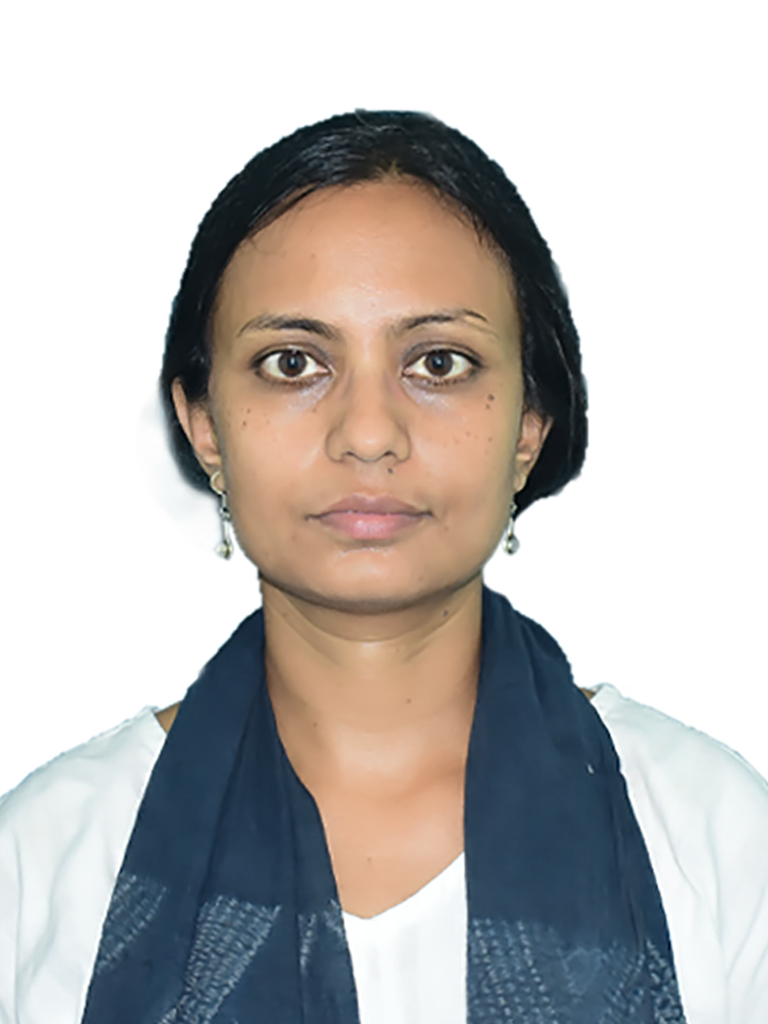
Dr. Aparajita Sengupta, an IIE Rodman Rockefeller Centennial Fellow,is leading Growing with Women: Creating a Climate-Resilient Organic Growers’ Co-operative in Ruppur, West Bengal. The project will create an organic farming and marketing co-operative with 15 to 30 women with the wider vision of providing diverse, climate-resilient agrarian and economic models in rural India. Informed by Aparajita’s own experience running a self-sufficient, self-sustained ecological farm, the project will help marginalized women in West Bengal set up a processing unit, obtain long-term use of storage space, provide them with platforms for marketing, and help them employ skilled personnel. The co-operative will improve nutrition for women and children in the area, generate substantive income for women, create climate-resilient farming and animal husbandry systems, and emphasize local and regenerative practices in creating food forests and foraging systems.
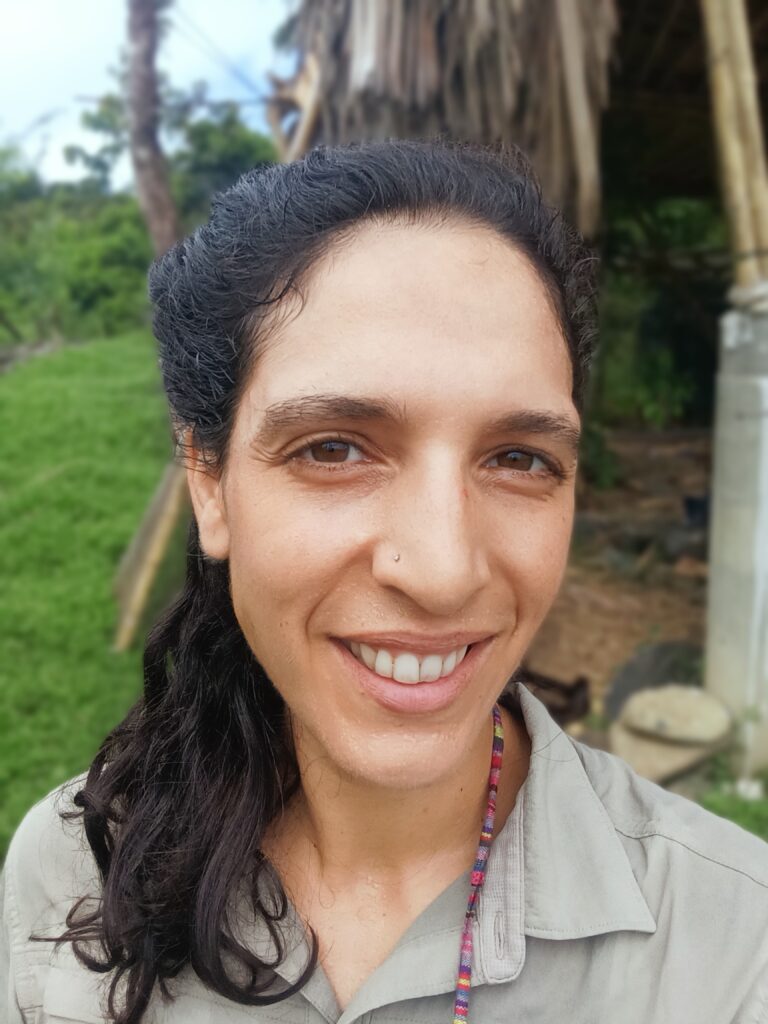
Jessica Ausinheiler’s IIE Rodman Rockefeller Centennial Fellowship project, Innovation in Smallholder Payment for Conservation Services, seeks to incentivize smallholders to regrow rainforest in critical areas along the Biological Corridor in Panama by paying them for “conservation services” such as carbon storage/sequestration and biodiversity at a time when Panama is designing its carbon market. The project will design and map the implementation of a system for funding smallholders’ conservation services that has the buy-in of key stakeholders. It will engage smallholders who are currently excluded from payments because of expensive accreditation, monitoring and reporting, and the payers of conservation services. The project seeks to increase smallholder participation in conservation and a commensurate decrease in smallholder deforestation in Panama and globally.
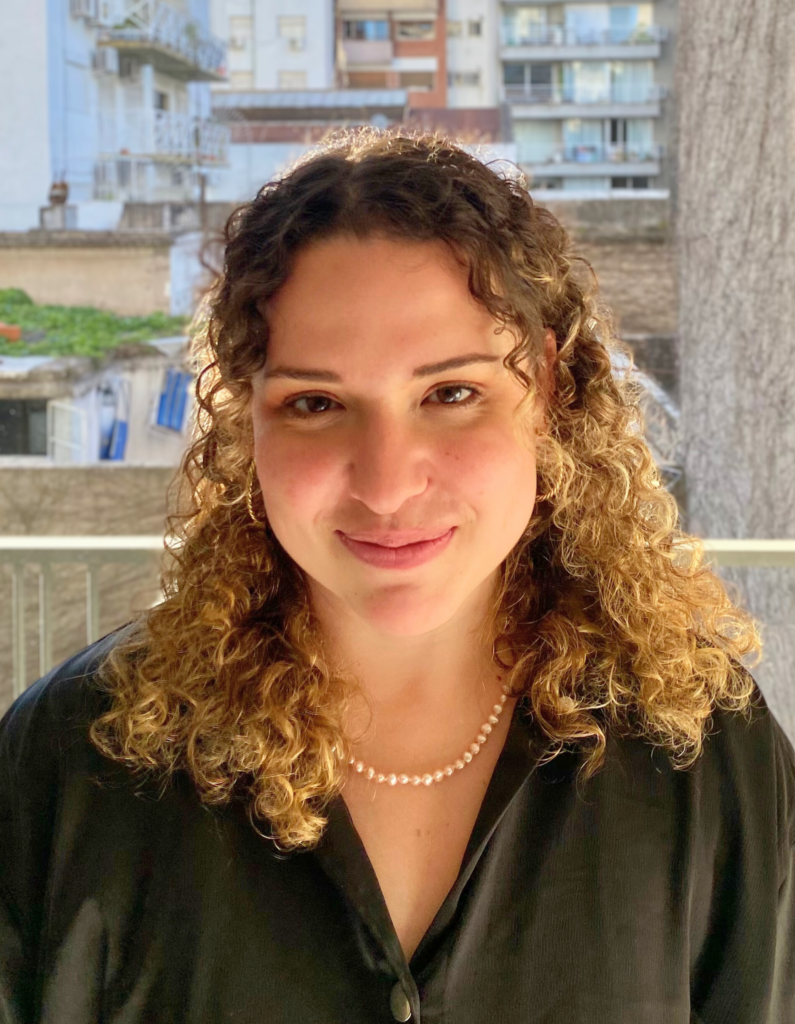
Alyssa Kardos co-founded Re-Made in Cambodia, an organization that aims to position young Cambodians as global leaders in sustainability by collecting and sorting clothing that pollutes local rivers and recycling textiles. The project engages Khmer youth aged 18 to 24 years, who are both excited by sustainability and actively participate in the fashion industry as consumers or aspiring designers. As an IIE Centennial Fellow, she will establish a sorting facility and zero-waste system in Phnom Penh that utilizes local weaving methods and provides employment opportunities for former sweatshop workers. The project seeks to develop a comprehensive understanding of the issue of textile waste in waterways, a deployable and scalable textile waste upcycling system, an empowered and creative workforce, and cross-cultural exchange surrounding Cambodian arts and climate issues.
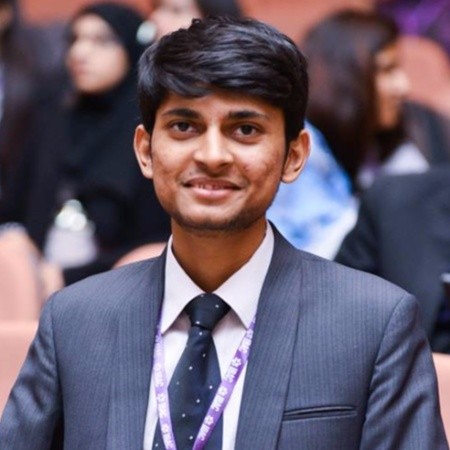
Dr. Muhammad Aatir Khan’s New Leader project is Raising Climate Change Awareness through Civic Clubs and aims to establish 50 school and community gardens in secondary schools in Karachi, Pakistan, promoting climate change education and sustainable practices through collaboration with schools, local government, and community stakeholders. The key goal is to raise awareness and engage the youth by providing them with an opportunity to act and encourage solution-based approaches in their work. The gardens will provide fresh vegetables, reduce carbon footprints, and add green spaces in urban environments. Additionally, climate change-themed storybooks, storytelling sessions, and activity-based learning models will be developed for students in lower grades. Civic clubs will be formed in the schools to ensure project sustainability, with support from the provincial education department.
